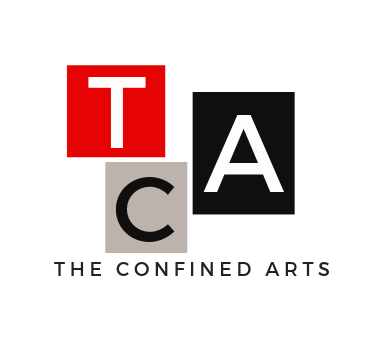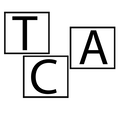CENTERING COMMUNITY ENGAGEMENT
The Confined Arts is uniquely situated Another Choice Youth and Family Outreach Center for Solutions, located in Harlem New York City. We bring people together to create art and celebrate communities that counter the harmful, reductive, and dehumanizing narratives that shape and inform public perception and policy decisions.
The crux of our work rests on the conviction that true-lived narratives must be centered and prioritized. We base our work and engagement strategies on the lived experiences of justice-involved artists and collaborators. We focuses on giving community members the chance to display their individuality and intersectional identities. Through centering the advice and thoughts of individuals and communities directly impacted by the criminal legal system, we prioritize the issues that are most pressing for the Harlem and neighboring communities and can appropriately respond to community needs. In this process, we build leadership and advocacy capacity amongst artists in New York City.
The crux of our work rests on the conviction that true-lived narratives must be centered and prioritized. We base our work and engagement strategies on the lived experiences of justice-involved artists and collaborators. We focuses on giving community members the chance to display their individuality and intersectional identities. Through centering the advice and thoughts of individuals and communities directly impacted by the criminal legal system, we prioritize the issues that are most pressing for the Harlem and neighboring communities and can appropriately respond to community needs. In this process, we build leadership and advocacy capacity amongst artists in New York City.
In 2020, COVID-19 and racially motivated motivated deaths by law enforcement have been among the forefront of concerns for individuals and communities directly impacted by the criminal legal system. In addition to being hit with a pandemic, more domestic societal issues have come to light.
fostering community based solutions
|
Poverty and Gun Violence
|
You and Family Outreach
|
Reentry and Civic Engagement
|
our commitment to Community enhancement
We continue to seek strategic collaborations enabling multi-dimensional advocacy strategies to support ongoing advocacy efforts that have sprung out of the COVID-19 pandemic. We are committed to making TCA’s resources available to contribute to efforts that protect the health and safety of Black and Indigenous communities of color.

